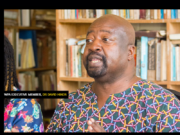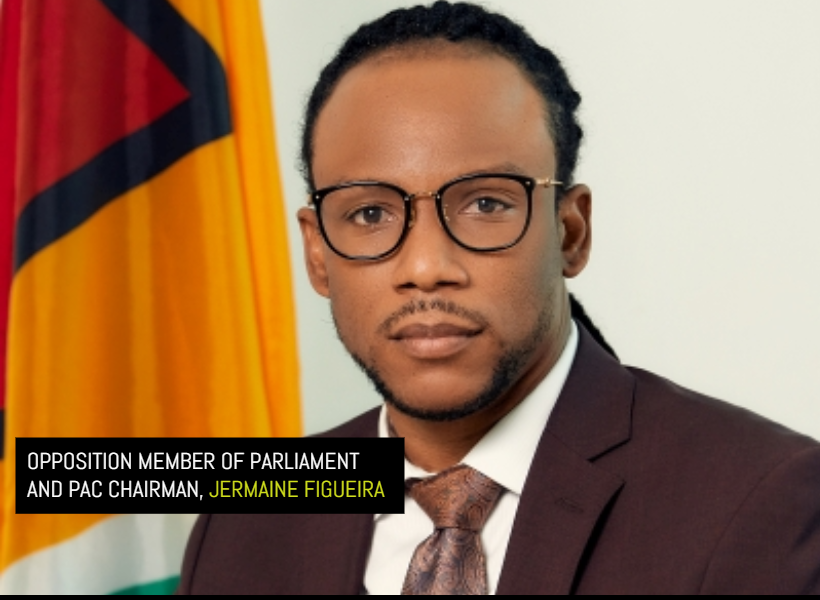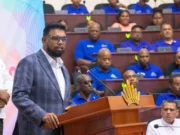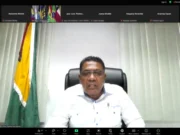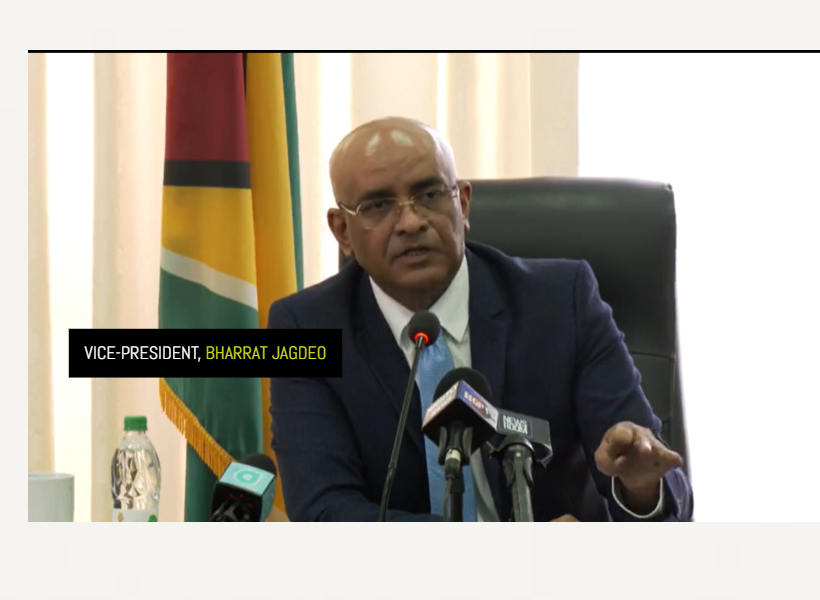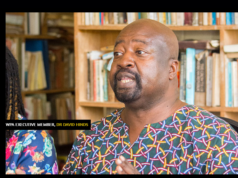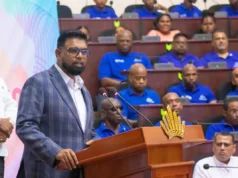Heads of several public sector agencies and accounting officers were engaged by Vice President, Bharrat Jagdeo who underscored the PPP/C Government’s zero-tolerance policy for violations of procurement rules.
During a frank, high-level meeting earlier today at the Arthur Chung Conference Centere, he emphasised that the People’s Progressive Party/Civic (PPP/C) administration is committed to enforcing transparency and accountability in the execution of public projects.
The meeting brought together key officials, including Permanent Secretaries, Regional Executive Officers, and senior figures from agencies such as the Guyana Police Force, Guyana Defence Force, Guyana Geology and Mines Commission (GGMC), and the Guyana Power and Light (GPL).
Jagdeo made it clear that no deviations from Guyana’s procurement law or Standard Bidding Documents will be tolerated, and added that stricter oversight is in place.
Addressing challenges faced by agencies in managing Guyana’s expanding Public Sector Investment Programme (PSIP), Jagdeo acknowledged the successful completion of the majority of public projects.
He noted that 95 percent of public sector projects have been executed efficiently, adhering to procurement guidelines.
However, he expressed concern that there is a remaining five percent that has attracted disproportionate attention from the Parliamentary Opposition. He accused opposition members of overstating these isolated issues to give the impression of systemic failure, and he reaffirmed the government’s commitment to maintaining a fair procurement process.
On that note, he called attention to several issues as he engaged agency heads on tightening up the system.
The Vice President highlighted lapses in the application of Guyana’s Procurement law and Standard Bidding Documents, noting that these tools were developed to ensure transparency. He urged public officials to become well-versed in these frameworks and called for strict adherence to the rules. Any deviation from the procedures, Jagdeo warned, must receive prior approval from the National Procurement and Tender Administration Board (NPTAB).
Jagdeo also took aim at delays in project execution by certain agencies. He highlighted some instances where projects are intentionally slowed down, only to create an end-of-year rush that justifies sole sourcing contracts. He urged for early planning and execution, stressing that sole sourcing should only be granted by NPTAB under extraordinary circumstances and subject to detailed explanations provided to Cabinet.
Further, Jagdeo criticized the misuse of the three-quote procurement system, warning that it could open the door to manipulation if not handled carefully.
He also addressed concerns about the increasing use of restrictive tendering in some ministries, often without sufficient justification. While this approach may be justified for complex projects, Jagdeo cautioned that it should not become a vehicle for favouritism and urged the NPTAB to be vigilant when reviewing such tenders.
Reports of instances where contractors have allegedly paid bribes to expedite payments for completed work, were also addressed and Jagdeo warned agency heads to be on the lookout for such behavior, which, he said, reflects poorly on the administration. He called on the Accounting Officers to uphold the integrity of the procurement system.
In addition, Jagdeo highlighted reports of where multiple companies, all registered to members of the same family, bid for contracts. Acknowledging that this may be difficult to detect, he urged officials to be on alert for this kind of potential manipulation.
He also pointed to cases where contracts had been inflated with unnecessary items like vehicles and computers, which significantly drove up costs. Such excesses, Jagdeo noted, have been corrected when discovered, and he urged accounting officers to ensure future contracts focus strictly on project necessities.
The misuse of contingency sums set aside for projects was another focal point of Jagdeo’s engagement with the public sector officials. He made it clear that these funds are not for discretionary use by engineers, nor are contractors entitled to these sums. He stressed that these sums can only be used with prior approval. Several engineers have been dismissed in recent months for authorizing payments for substandard work or work that was never completed, Jagdeo revealed.
A warning against inflated bills and conflicts of interest was also an issue raised by Jagdeo, who addressed concerns about officials in Regional Democratic Councils (RDCs) and other government bodies who run private companies and bid for contracts within their agencies. He said this conflict of interest would be closely scrutinized and insisted that those wishing to enter the private contracting sector must first resign from their government posts.
Jagdeo emphasized the need for stronger contract management within agencies, underlining the importance of enforcing penalties for substandard or late work. He assured that contractors responsible for poor performance would face consequences, including the imposition of liquidated damages where appropriate.
Accompanied by Senior Minister in the Office of the President with responsibility for Finance and Public Service, Dr. Ashni Singh, Jagdeo reaffirmed the administration’s commitment to fulfilling its development goals while maintaining a firm grip on procurement practices.
